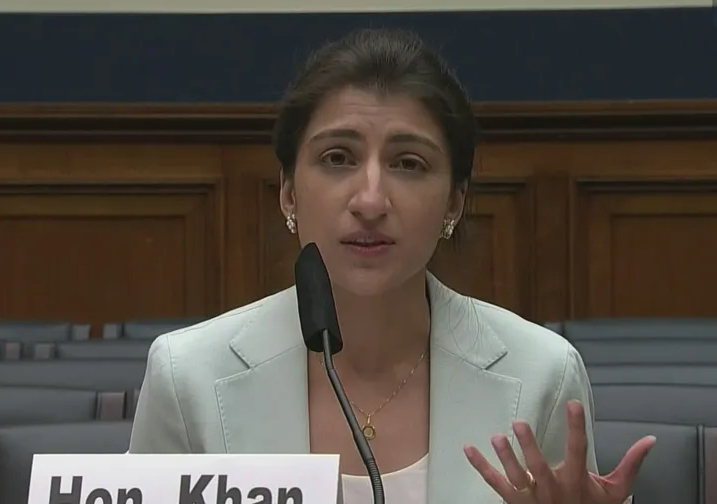A North Carolina hospital deal is the subject of an article in The Huffington Post:
As North Carolina’s attorney general deliberates over whether to approve the sale of the nonprofit Mission Health System to for-profit Nashville, Tennessee-based HCA, a citizens group is asking that, if approved, the deal will ensure they have a voice in the future of health care services in their rural communities.
Members of the citizens group, Sustaining Essential and Rural Community Healthcare, or SEARCH, are worried that the sale will lead to poorer services for patients of Mission Health, which serves 18 mostly rural counties in western North Carolina, in the southern range of the Blue Ridge Mountains.
The deal with HCA includes the creation of a foundation, Dogwood Health Trust, that will use the proceeds from the proposed $1.5 billion purchase of Mission Health to improve the health and well-being of the communities in those counties.
But that promise doesn’t ease concerns from residents who want to make sure their views will be heard.
“All along, we have said that there are two things we want,” said Susan Larson, a member of SEARCH. “We want our hospitals to be protected, and we want the Dogwood Health Trust to be constituted properly, so that it can indeed serve all 18 counties.”
Hospital mergers are a common phenomenon in the United States healthcare system. Some in the industry claim that hospital mergers are beneficial because, in a more connected system, patients’ care could hypothetically be more coordinated. More coordinated care would, in theory, lead to lower costs and better outcomes. These are often the justification for large hospital mergers. However, the costs of hospital mergers outweigh the benefits of a more “coordinated” hospital system care.
The evidence paints a clear picture for hospital mergers: they do not lead to lower prices or increases in quality. The evidence shows that competition between hospital is what leads to lower prices and better care. The fewer choices that North Carolina residents have for health facilities and greater authority of facility networks will ultimately make patients worse off. By controlling an entire health market, mega-hospital systems, that are the result of large mergers, are able to keep prices artificially high from a lack of competition. Artificially high prices are passed on to patients in the form of higher premiums and out-of-pocket costs.
Some may ask if these mergers hurt patients and communities, why are they happening at such a growing rate? The theories are mixed. Some claim that inequalities in payments for services, which vary by the facility where the service was completed, are to blame. Some say a shift to value-based payment models where health systems need to take on more risk and therefore employ as many facilities as they can in a community, through a merger.
Regardless of the cause, a system which would benefit patients the most, and therefore our state and country’s overall health, would prioritize competition and patient choice over centralizing all care in hospitals which can be the most expensive sources of care.


